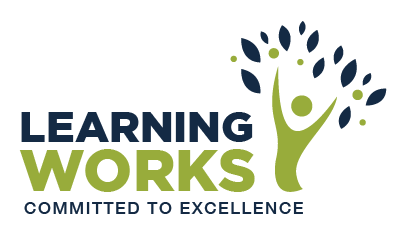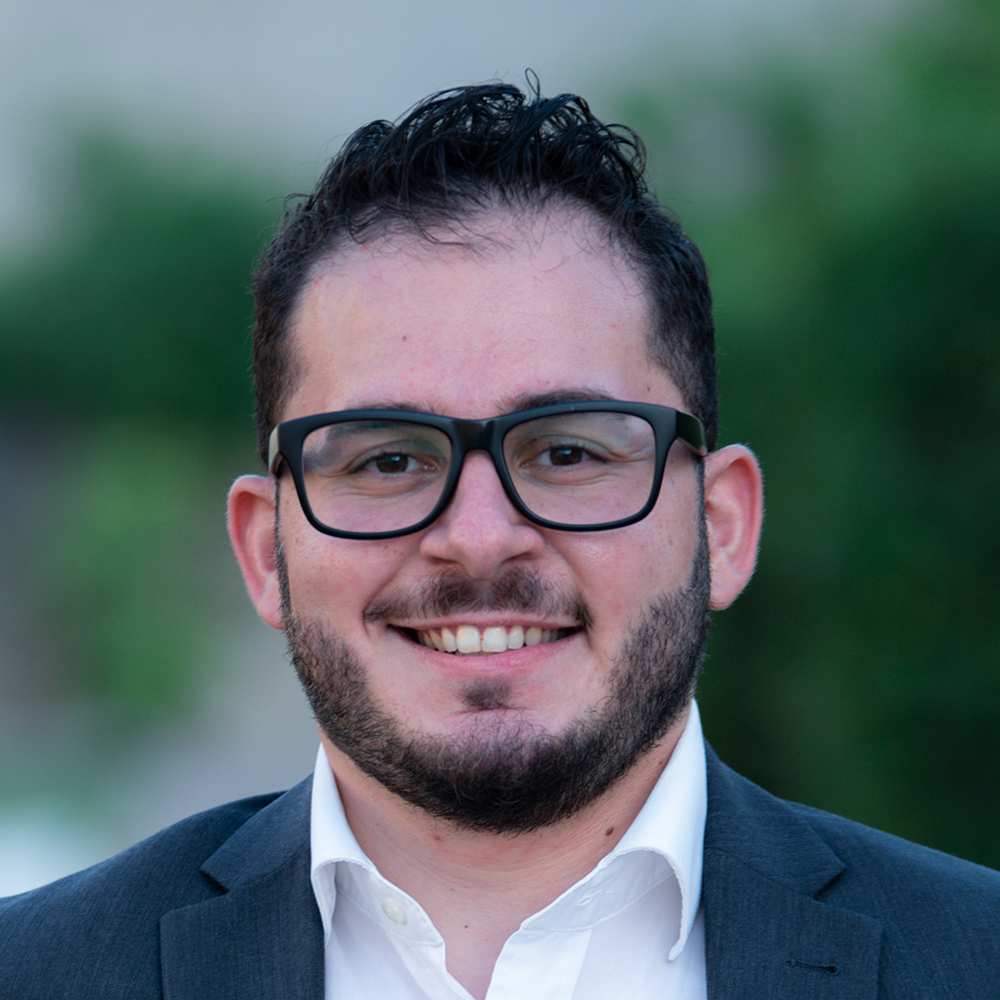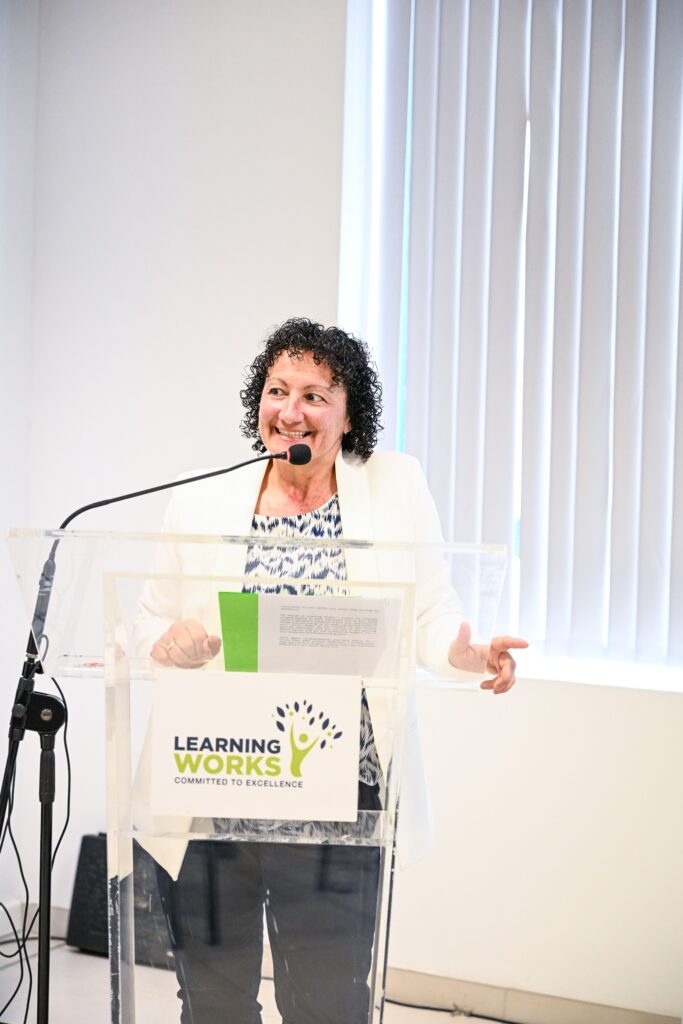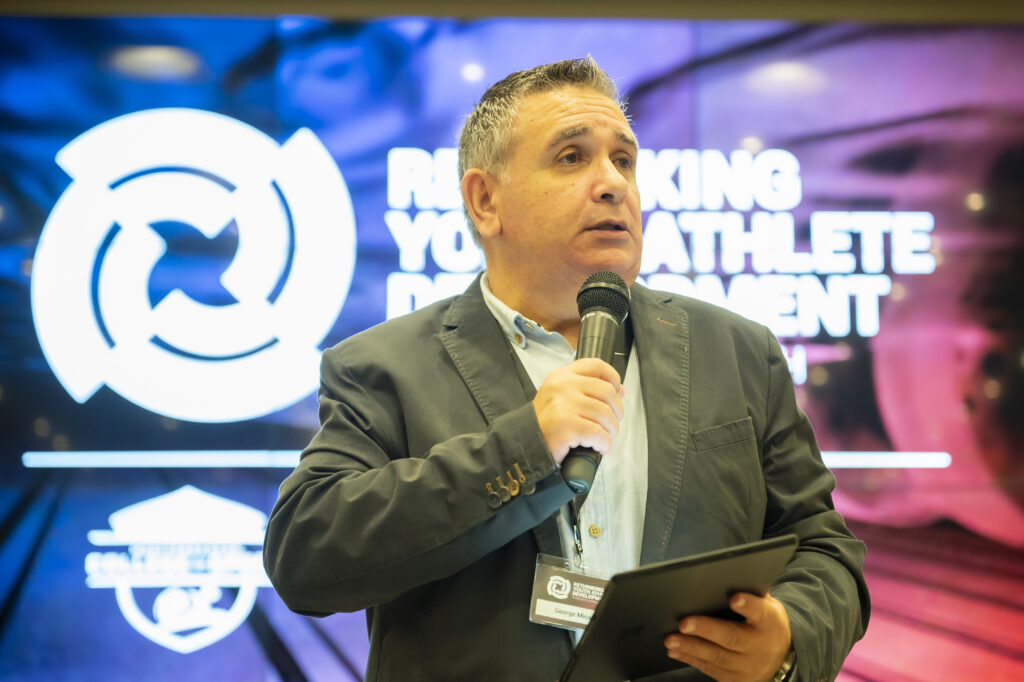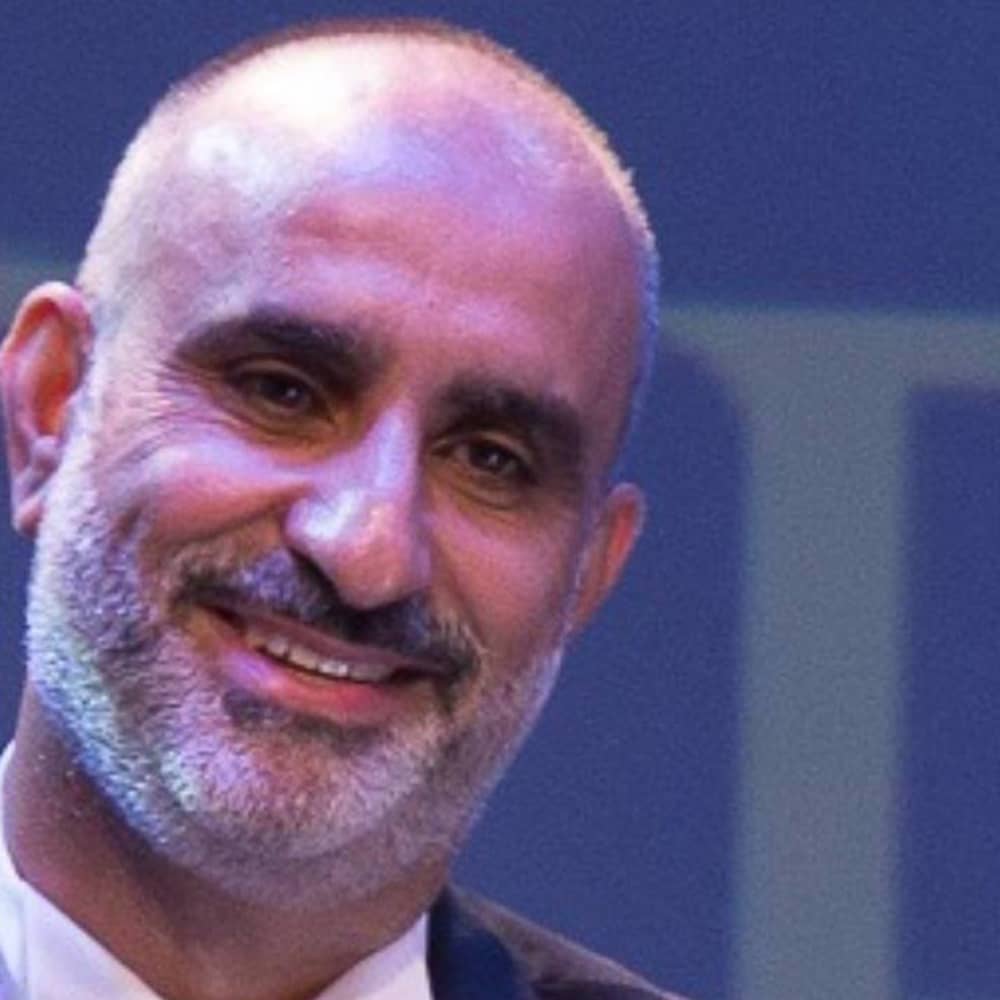Course Description
The aims of this Diploma programme are to prepare students for a career in sports administration and management by developing and enabling them to apply their business knowledge, skills and attributes to practical management activities and to enhance their self-awareness, personal development and general transferable skills. Students will be provide further educational and experiential learning opportunities necessary in their career preparation to becoming future sport administrators/managers.
Students who successfully complete this course may opt to enrol in our B.Sc. (Hons) Top-up degree (120 ECTS).
Learning Outcomes
- Understand current theoretical debates about the nature of sport management in an organisational context.
- Analyse business & managerial problems using a range of criteria and techniques, leading to recommendations on options, implementation and choice of actions by sport administrators.
- Recognise the significance to sport entities of the changing nature of the technological, international and related environments.
- Assess the implications for management of emerging influences, innovation and change in order to make an effective contribution to the management of sport organisations.
- Create, evaluate and assess a range of options together with the capacity to apply ideas and knowledge to a range of situations within a sporting context.
- Recognise how to manage people (participants, parents, coaches, officials and others) efficiently.
- Examine the requirements needed to organise an international sport event.
- Recognise the responsibilities sport administrators and managers face.
- Compare different leadership styles.
- Analyse the skills, characteristics and behaviours of successful entrepreneurs.
- In sport and active leisure.
- Examine opportunities for entrepreneurial activity in sport and active leisure.
- Explain how a sports manager can be more effective.
Target Candidates
Graduates of this Diploma can find employment in one of these established sport professions in:
National Teams / Club managers
Football Club administrators
Sport marketing – product and brand management
Volunteer management
HR
Sponsorship strategy
Communications – sport journalist/ broadcaster
| Course Code | Duration | Credit Value | Next Intake | FT/PT |
|---|---|---|---|---|
| LW/S/003 | 14 months | 60 ECTS | October 2025 | PT |
| Contact Hours | Placement Hours | Self Study Hours | Assessment Hours | Total Learning Hours |
|---|---|---|---|---|
| 300 | 120 | 990 | 90 | 1500 |
Mode of Training
This programme uses a blended approach focusing on an interactive strategy which combines face-to-face sessions and online learning activities. Sessions include lectures, tutorials, discussions, presentations, shadowing and workshop activities promoting peer-to-peer learning.
Assessment
Assignments and reports, group projects, and portfolios, presentations, case studies, examinations and a business research project at the end. In order to successfully complete the course a minimum of a pass must be obtained in the assessment of each Module.
Awarding Body
Learning Works
Course Structure
Module 1 (LW/S/004): Introduction to Sport Management (10 ECTS)
With the advent of professional sports, sport organisations have had to increasingly adopt a more professional approach in the way that they are managed and the way they organise their daily business. This brought about a major shift in the running of local sport as administrators had to adopt a ‘business’ model that fit their exigencies. For example, a more business-like approach takes into account the sources of funding whether it is from public monies, private investments or both; the business context in which it operates whether it is a small or large market economy; an increasing array of stakeholder interests; and knowledge and understanding of target markets and other elements.
Module 2 (LW/S/005): Strategic Management (Sport Management) (10 ECTS)
Module 3 (LW/S/006): HR and Volunteer Management in Sport (10 ECTS)
Human Resources and volunteers are an indispensable resource for some sport organisations, especially ones which do not have the resources to hire paid staff to help them manage and coordinate their activities. Because of the scope and nature of certain sport organisations, volunteers often assume a number of roles of varying importance, and although they are not compensated for their efforts, it is usually expected that a substantial investment in training and retaining them will be made.
Module 4 (LW/S/007): Sport Marketing and Sponsorship (10 ECTS)
Marketing is at the heart of everything that happens in sport; whether it is the format of a competition, what consumers want from that specific sport, how media rights are sold to television companies or what forms of merchandise are created, good marketing underpins all of the decisions that are made. The essence of marketing in a sport organisation is therefore to match and reconcile the demands of the marketplace with the resources and competence that the organisation holds.
Marketing is the process of planning and developing products and services to satisfy organisational goals. Sport organisations primarily offer images, values, ideas and services rather than products, which makes the marketing of sport quite unique as they need to achieve both commercial and social objectives. Therefore, this study unit will consider the products and services that sport organisations have to offer within a specific context and highlights a number of regulations that they have to abide to. Secondly, it will assess stakeholder expectations in relation to the services provided by the sport organisation and how to enhance these. Methods and tools for improving communication campaigns targeting specific stakeholders will also be presented.
Sponsorship will be introduced as a marketing strategy that pursues commercial objectives, exploiting the direct association between the commercial entity’s brand or product with those of the sport organisation’s. Finally, the strategic marketing process will provide information on how to get into an attractive position in the marketplace.
Module 5 (LW/S/008): Communications and the Media (10 ECTS)
This study unit approaches the communications field by initially focusing on the critical role that internal communication can play within a sport organisation. It emphasises that the success of external communication is often dependent on first getting your internal communications environment in good order. The next section then builds on this by examining the area of external communication and developing good communications strategy in practice.
One of the central components within the communications mix is of course the media. Thus, the second half of this study unit looks at the practical aspects of media operations and the growing role social media can play in a sport organisation’s strategic thinking. The media industry has changed; increasingly we live in a 24/7 ‘always on’ media news culture; the speed at which information flows has never been greater, media are more mobile, there is more user generated content (UGC) and communication is potentially global in terms of digital and web based communication.
Sport managers need to recognise that this mediated age, offers both challenges and opportunities to their respective organisation.
Module 6 (LW/S/009): Event Management (10 ECTS)
Sporting events are much more than just competitions between teams and players, they can forge an identity and create solidarity, bringing people together, giving them a sense of belonging and contributing to the development of the host region. They have a short and long-term impact. Years of preparation are required to produce a few days of sporting celebration, but these few days can continue to have an impact over more than a generation! Over the last decade, local sport organisations such as the Malta Football Association, Malta Shooting Sports Federation and Amateur Swimming Association have had increasing opportunities to host international competitions / tournaments and this trend will continue to manifest itself as sport becomes more popular.
Sport events in particular have special characteristics which make their management quite peculiar. These characteristics are underlined in this study-unit as it is essential that sporting events are well-organised by the sporting body and well-attended by the stakeholders in order to optimise ticket sales, broadcasting rights and sponsorships, as well as strengthen its public image! Sport events require a large quantity of materials, amenities and facilities such as the sport zone where the actual event takes place. Event organisers should have full and complete authority within this space; however in order to mobilise this zone, organisers must pay attention to the contractual obligations governing the loan or rental of premises. Ideally, sport event organisers should ensure that the environment is not negatively affected and that there is a legacy that is beneficial to the local community.
Entry Requirements
Entry requirements for this course are as follows: • Be in possession of Minimum Level 4 certification from a recognised local or foreign awarding body, or; • A-level standard of education or; • have at least 5 years-experience in a management position. • Have a good command of oral and written communication in English with a level of proficiency in English equivalent to at least IELTS Level 6. Candidates may be applying for recognition for prior learning (RPL) for up to 40% of the total credits of the award. The Maturity Clause will also apply for those over 23 years of age, but such prospective students will be required to go through an interview. Those candidates who have a foreign qualification which they believe is an equivalent to an MQF Level 4 must get their qualification validated through MQRIC at MFHEA. |
